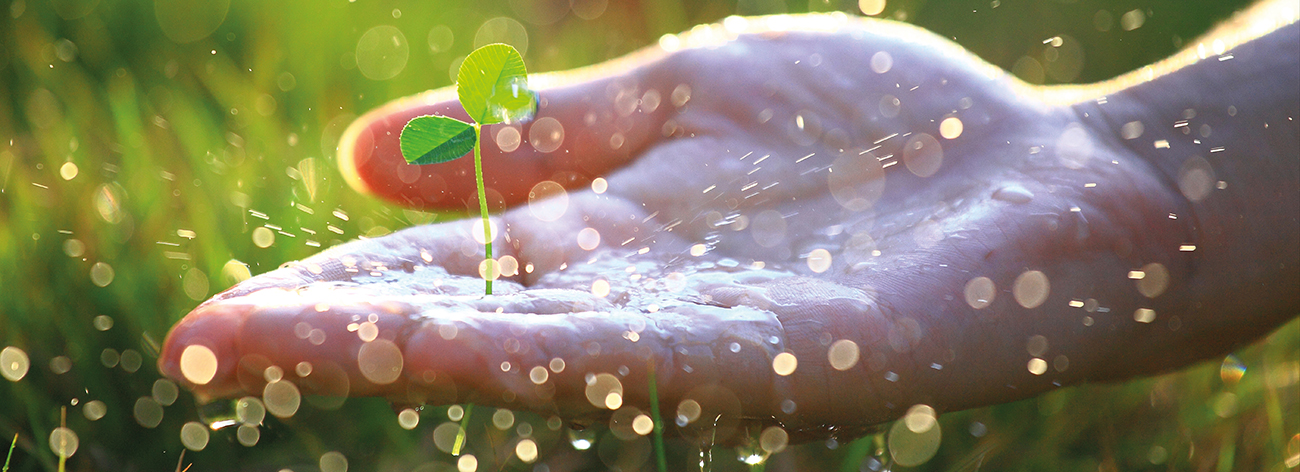World Water Week in Stockholm explores the nutrition and WASH nexus
From 28 August to 2 September 2016, World Water Week was celebrated in Stockholm, Sweden, with a global gathering focused on “Water for Sustainable Growth”. The event brought together experts, practitioners, decision-makers, business innovators and young professionals from a range of sectors and countries to…
 From 28 August to 2 September 2016, World Water Week was celebrated in Stockholm, Sweden, with a global gathering focused on “Water for Sustainable Growth”. The event brought together experts, practitioners, decision-makers, business innovators and young professionals from a range of sectors and countries to network, exchange ideas, foster new thinking and develop solutions to the most pressing water-related challenges of today. Founded in 1991, the Stockholm International Water Institute (SIWI) organises this world leading annual event on water and development.
From 28 August to 2 September 2016, World Water Week was celebrated in Stockholm, Sweden, with a global gathering focused on “Water for Sustainable Growth”. The event brought together experts, practitioners, decision-makers, business innovators and young professionals from a range of sectors and countries to network, exchange ideas, foster new thinking and develop solutions to the most pressing water-related challenges of today. Founded in 1991, the Stockholm International Water Institute (SIWI) organises this world leading annual event on water and development.
Three nutrition related events played a key role in strengthening the partnership between actors from nutrition and water, sanitation and hygeine (WASH) sectors.
Upscaling the WASH-Nutrition-Nexus for Sustainable (Body) Growth
It is evident that body and cognitive growth of individuals, is being stifled by inadequate WASH, leading to impedements in sustainable societal and economic development. Substantial progress is now being made at both ends: On the nutrition side policy development is progressing, with a number of countries integrating WASH components in their national nutrition strategies; and on the WASH side progress is being made at practitioner level, with organisations developing ready-to-apply “complementary packages” in their programmes.
Successfully upscaling the nexus approach requires increased dialogue ensuring that these initiatives are congruent. This event built on the results of the Bonn WASH-Nutrition Forum 2015 – bringing a range of key nutrition actors to Stockholm for the first time and inspired WASH experts in Stockholm to design policy-relevant and practitioner-specific WASH solutions, fit-for-purpose to contribute to nutrition outcomes.
Gerda Verburg, Coordination of the SUN Movement, and Catarina de Albuquerque, Executive Chair of Sanitation and Water for All, led a debate that explored the potential benefits for countries of better linking WASH and Nutrition within Agenda 2030, and what it will take to achieve it at country and subnational level? Some of the key takeaways from that discussion were that
- Several countries are building upon the links between hygiene and nutrition from the Ministry of Health, to the village level.
- It is important to further implementation, based on local and international knowledge and experience, even before there is absolutely all the evidence necessary.
- It is equally important to work on the uptake of new knowledge and guidance, and the sharing of experience among countries, as it is to generate more.
Beyond the drinking glass: Expanding our Understanding of Water Nutrition Linkages
There are a number of water-nutrition pathways in addition to WASH that would benefit from greater attention in research and discussion. First, the role of gender-inclusive water programs and policies could be critical in improving nutritional status. Since research highlights how empowering women may lead to improvements in nutrition, the role of women in management of water resources should be more closely analysed. Second, the pathway by which irrigation can improve nutritional outcomes through agricultural practices has not been thoroughly explored. This session discussed various pathways from water to nutrition, with insights from nutrition, WASH, gender and irrigation experts. Learn more >
Working Group 12 on WASH & Nutrition (side event)
The main aim of this working group was to examine the widely neglected and underestimated adverse nutritional impact of lack of safe WASH particularly in emergency and in chronic situations. Learn more >
Learn more about the event at the SIWI Water Hub
